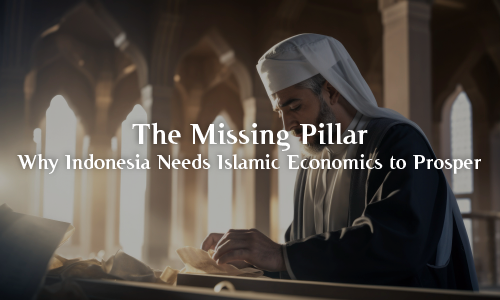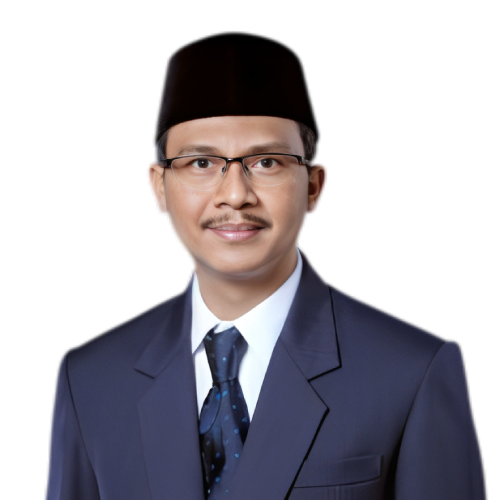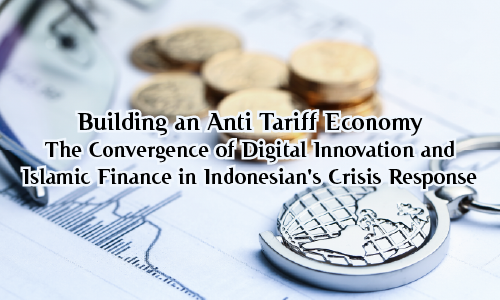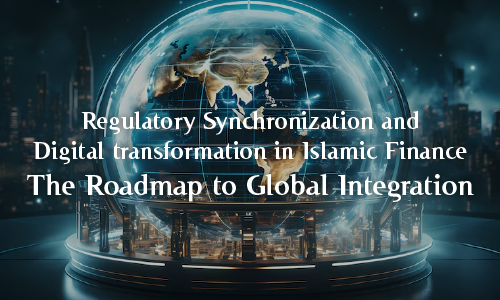
Summary: This article critically examines Indonesia’s social welfare system through the framework of Islamic economics. While various legal and institutional mechanisms exist to promote social equity; such as the National Social Security System (SJSN) and BPJS, significant gaps remain in terms of inclusivity, moral orientation, and integration with Islamic principles. The article highlights how foundational concepts like zakat, waqf, and falah (holistic well-being) offer transformative potential for addressing structural poverty and inequality. By comparing the Islamic welfare model to the Western welfare state, it argues for a moral reorientation of policy, institutional reform, and citizen empowerment through the ideal of the "Islamic Man." Ultimately, the paper proposes a spiritually grounded, ethically driven, and community-based approach to achieving a just and sustainable welfare system in Indonesia.
Introduction
In an era where social inequalities persist and economic insecurities deepen, the quest for holistic and just social welfare remains a pressing concern. For Indonesia, the world’s most populous Muslim-majority nation, this quest carries both constitutional and theological significance. The aspiration for "social justice for all Indonesian people," enshrined in Pancasila and the 1945 Constitution, reflects not only a national goal but also a shared spiritual and ethical mandate. Yet, despite ongoing policy interventions, millions of Indonesians remain excluded from the promise of well-being.
This article explores the Indonesian social welfare system from the unique perspective of Islamic economics, presenting both a critique of existing mechanisms and a proposal for transformation rooted in values of morality, equity, and collective responsibility.
The State of Welfare in Indonesia
Despite numerous legal frameworks and national programs, Indonesia's performance in terms of human development and social protection remains modest. The Human Development Index (HDI) ranks Indonesia at 108 globally, indicating challenges in health, education, and living standards. Over 30 million people still live below the poverty line, and disparities remain stark across regions.
Social protection policies such as the National Social Security System (SJSN), BPJS (national health and employment insurance), and poverty…

















